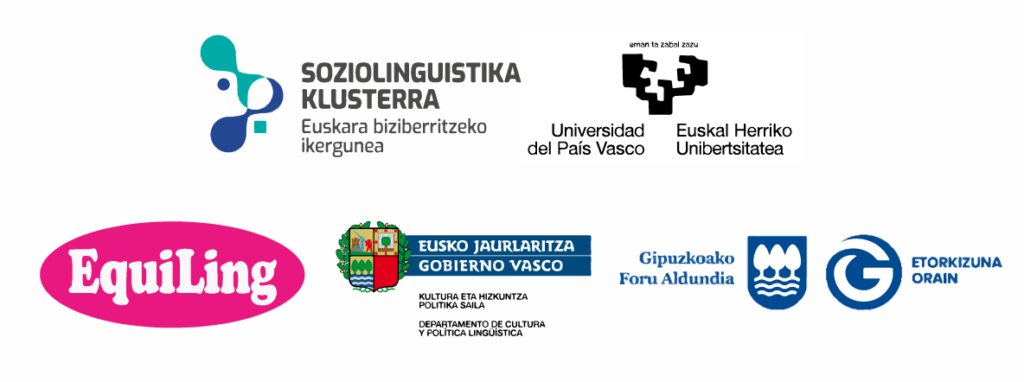The club can be feeling, pride (belonging), spirit. But above all it is organisation, management. A club takes many hours of work: coordination, meetings and assemblies are also part of the club. The adrenalin generated by competitions, victories or frustrations is essential, but not enough to keep the club going. Day-to-day, invisible work is what sustains the club, balancing the budget, planning the playing area, looking after the gear and so on. Coordination and division of labour are indispensable.
The club may have one section or several. In any case, there will be different teams: girls and boys, children, young people or seniors. They all need attending to and coordination must be maintained. Taking care of the weekly dynamics and the weekend routines. Planning the current season and the next one. Immersed in this vicious circle of tasks, the times spent together at the club are essential: times of appearing as a team and celebrating, as a family, a group of friends, but also as an institution, a club. We are a name and a symbol. We are. In the privacy of the dressing room, on bus journeys, on club day, in local festivities or carnival. These are moments in which to be a club. And places. The club premises, offices and other places of its own (campus, bar) are necessary for institutionalisation. And the members.
Members: players, coaches and supporters will put on the club shirt, wear the club colours, sing the anthem, fill the terraces. In these cases, competition becomes a major factor, generating a kind of energy and, on an everyday basis, structures, organises and consolidates the club.

